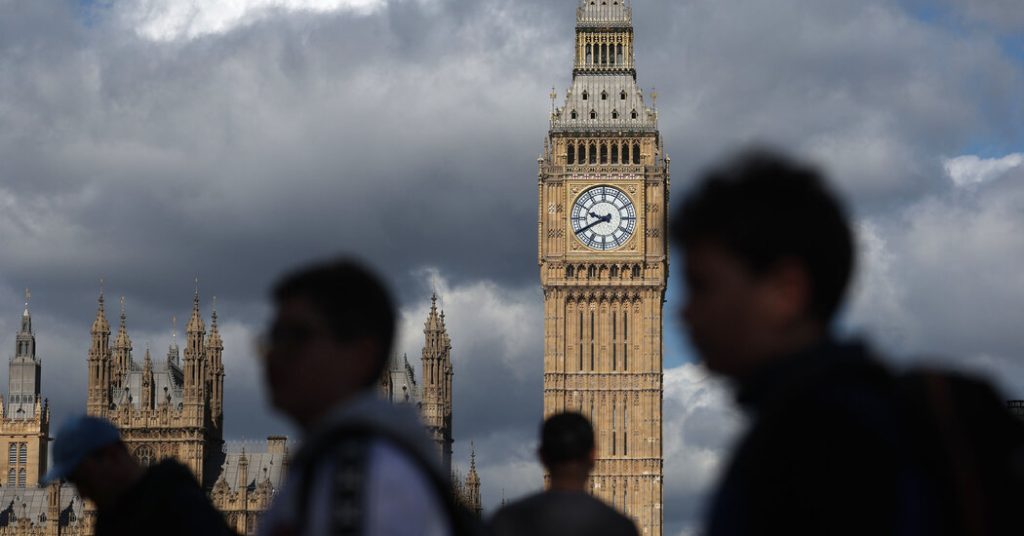The upcoming British general election, set for July 4, is being closely watched by political analysts as a potential indicator of how the United States might vote in their presidential election a few months later. In 2016, the Brexit vote was seen as a precursor to Donald Trump’s unexpected victory later that year. However, this time around, UK voters are leaning towards electing the opposition Labour Party over the Conservatives, while in the US, President Joe Biden is in a close contest with Trump.
The decision by Conservative Prime Minister Rishi Sunak to call an election earlier than expected is largely driven by a desire to avoid worsening economic news in the fall and to potentially cut losses in the face of trailing in the polls. Holding the election before the American election allows the UK to avoid being overshadowed by the US results. With a likely victory for Labour, the Tories face potential backlash from voters due to economic issues and policy disagreements.
The possibility of a Conservative collapse in the UK’s election could have implications for the US, with parallels drawn between the two nations on issues like immigration, inflation, and social and cultural conflicts. The rise of the anti-immigration Reform U.K. party and its impact on the election results might signal a resurgence of populism, which could also affect the US election later in the year.
Critics of the Conservative Party attribute their decline to moving away from economic nationalism that fueled Brexit and their previous electoral success. The party’s shift towards liberal free-market policies has put them out of touch with right-wing movements in other countries, including Trump’s base in the US. To rally their base, Sunak has adopted anti-immigrant rhetoric similar to the Brexit campaign, drawing comparisons to Trump’s policies on the border.
Despite Brexit being a major issue in past elections, it has taken a backseat in the upcoming election cycle, reflecting voter fatigue and resignation to the reality of Britain remaining outside the European Union for the foreseeable future. In both the UK and US, the elections are driven more by a general frustration with the status quo rather than strict ideological battles. The outcome of the UK general election could provide insights into the political landscape leading up to the US presidential election later in the year.


